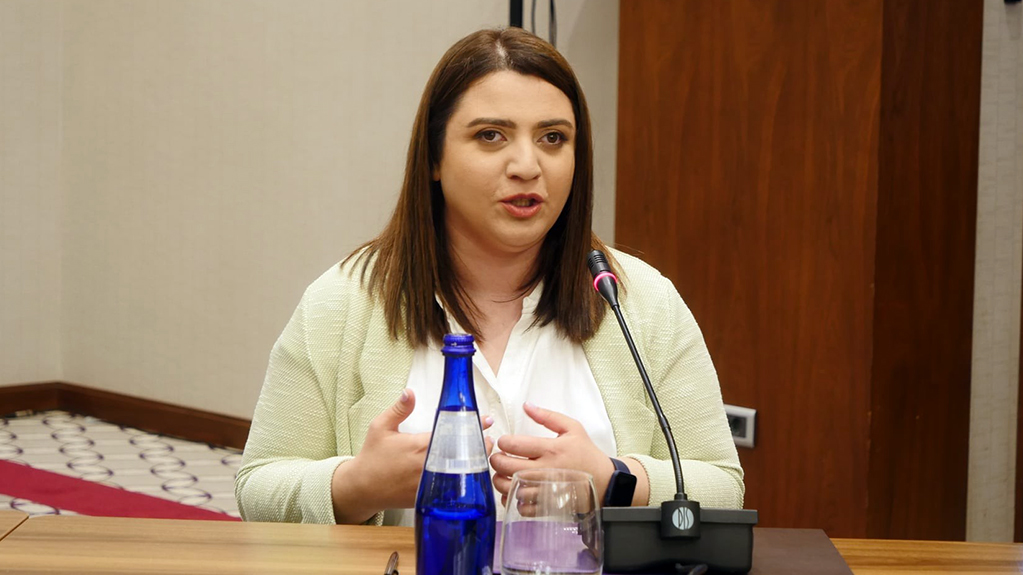Dea Eremashvili, an activist with disabilities living in Batumi and an opponent of the Russian Law on so-called Foreign Agents, accuses the Ministry of Justice of violating her rights. She claims that her sensitive personal data was published in the special register created under this law.
News
"The Coalition Center for Independent Living, with which I worked, was registered in the so-called Foreign Influence Register. Based on this, it provided all the information required by law to the Ministry of Justice. However, the National Public Registry Agency violated the Personal Data Protection law by publishing my personal information – name, surname, and salary received from the organization – which is a breach of the law.
Throughout this period, we were told that the Russian Law did not apply to individuals and that our personal data was not at risk because of a special directive from the Minister of Justice. They even argued this in the Constitutional Court. But as I saw yesterday, my data was found in the register," Eremashvili said.
As she said, the Coalition Center for Independent Living was registered in the registry with the stated intent of taking care of its beneficiaries. However, the non-governmental organization violated her rights.
"When I received my salary in July 2023, it was visible in the register of agents, despite the fact that I am someone who categorically opposes this law. While I did not personally register in the agents' register, the organizations that complied with the law’s requirements ended up violating my rights," notes Dea Eremashvili.
According to the activist, the state was obligated to withhold her personal data but instead published it openly, thereby violating Articles 5 and 6 of the Personal Data Protection Law. These articles refer to special categories of data processing, which are not allowed without the subject's consent. Eremashvili is calling on the Personal Data Protection Service to take action and demands that the violation of the law be addressed.
"I pointed out the state's breach of my special category data and demanded a response. They are required to reply within five working days, and I will wait. If they fail to act, I will take the matter to court and seek compensation for moral damages – 41 GEL, 41 TL," says Eremashvili.
On May 28, despite calls from international partners and mass protests, the parliamentary majority of Georgian Dream overrode the president’s veto and passed the Russian Law. This law designates all non-governmental or media organizations that receive more than 20% of their income from international grants as Agents of Foreign Interests and requires them to register. To enforce this law, a financial declaration department was created in the National Public Registry Agency, and the Register of Organizations Carrying the Interests of a Foreign Power was established.
At present, around 500 organizations are voluntarily registered in the so-called register of agents, which accounts for about 1.5% of the total number.
The Russian Law, which halted Georgia’s process of joining the European Union, has been appealed to the Constitutional Court of Georgia. A complaint has also been submitted to the European Court of Human Rights, requesting its annulment.















